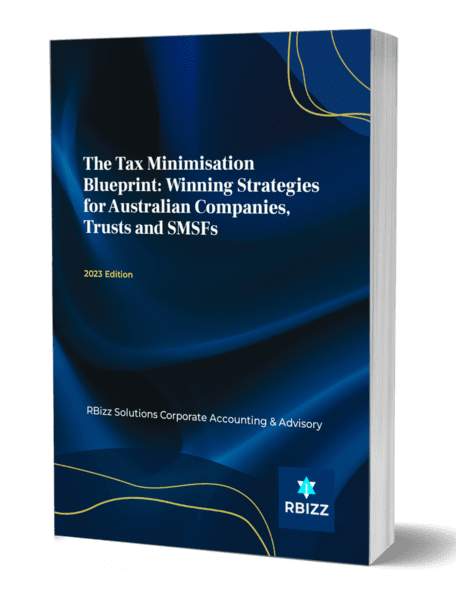Our Latest E-books On Taxation & Business
Company Formation and Registration: Establishing a Business Presence in Australia

Understanding Australia's Corporate Landscape
The Corporations Act 2001 (Cth) is the cornerstone legislation that governs the establishment and operation of companies in Australia. Adherence to this Act ensures that foreign businesses maintain the trust of stakeholders and operate within the legal confines of the Australian corporate framework.
ASIC Registration
Central to the establishment of a company in Australia is its registration with the Australian Securities and Investments Commission (ASIC). As mandated by Section 117 of the Corporations Act 2001, every company must be registered with the ASIC. Upon successful registration, the company is issued an Australian Company Number (ACN), a unique identifier crucial for various business activities in Australia.
The registration process entails a meticulous documentation submission, which includes, but isn't limited to:
- Form 201: An application for the registration of an Australian company.
- Consent Forms: These are required from all officeholders, members, and, if applicable, the occupier of the registered office if it's not the company itself. The consent ensures all parties are informed and agreeable to their respective roles and responsibilities.


ABN and TFN Registration
An integral aspect of doing business in Australia is obtaining an Australian Business Number (ABN). Governed by the "A New Tax System (Australian Business Number) Act 1999", the ABN is pivotal for various business functionalities. Securing an ABN offers multiple advantages, including:
- Business Verification: An ABN confirms a company's identity during business transactions, such as when placing orders or invoicing clients.
- Tax Benefits: Having an ABN ensures businesses can avoid Pay as You Go (PAYG) tax on received payments.
- Tax Credits: An ABN is a prerequisite for claiming Goods and Services Tax (GST) credits, thereby aiding in tax optimization.
With a combination of expert guidance and a comprehensive understanding of the Australian corporate scene, foreign businesses can seamlessly integrate themselves into the country's thriving economic ecosystem.
Setting-Up a Branch by Foreign Companies in Australia
Branch Registration
- When foreign companies wish to expand into Australia without establishing a separate legal entity, setting up a branch becomes an attractive option. Branches, however, have specific regulatory requirements. We guide businesses through the intricacies, ensuring all necessary licenses are secured, and mandatory reporting is in place.
Regulatory Compliance
- Foreign branches in Australia are subject to continuous oversight by local regulatory bodies. This includes routine financial reporting, tax compliance, and adherence to industry-specific regulations. With our in-depth knowledge of the Australian business landscape, we ensure that branches remain compliant, avoiding any potential legal pitfalls.
Local Representation
- For a foreign branch to operate seamlessly in Australia, understanding local market dynamics and having a presence on the ground is pivotal. We offer representation services, enabling foreign companies to have their finger on the pulse of the Australian market. Whether it's liaising with local partners, handling governmental interactions, or simply understanding local business customs, our experts bridge the cultural and logistical gaps.
Legislative Requirements:
- Establishing a branch in Australia involves compliance with the Corporations Act 2001. For instance, foreign companies must be registered with the ASIC under Section 601CD and ensure the appointment of local agents who can receive legal notices, as stipulated in Section 601CE. We guide businesses through these nuances, ensuring all legislative requirements are met.
Financial Reporting:
- Branches of foreign companies have specific financial reporting obligations, like annual lodgment of financial statements with the ASIC. Our team assists with preparing and lodging these documents, ensuring compliance with Section 601CK of the Corporations Act 2001.
Branch Closure and Exit Strategy:
- If a business decides to cease its branch operations in Australia, it's essential to adhere to local legal requirements. For example, under Section 601CL of the Corporations Act 2001, a foreign company must provide ASIC with a notice of intention to cease its Australian operations. Our team ensures a smooth and compliant exit process, minimizing any potential legal or financial repercussions.



















































